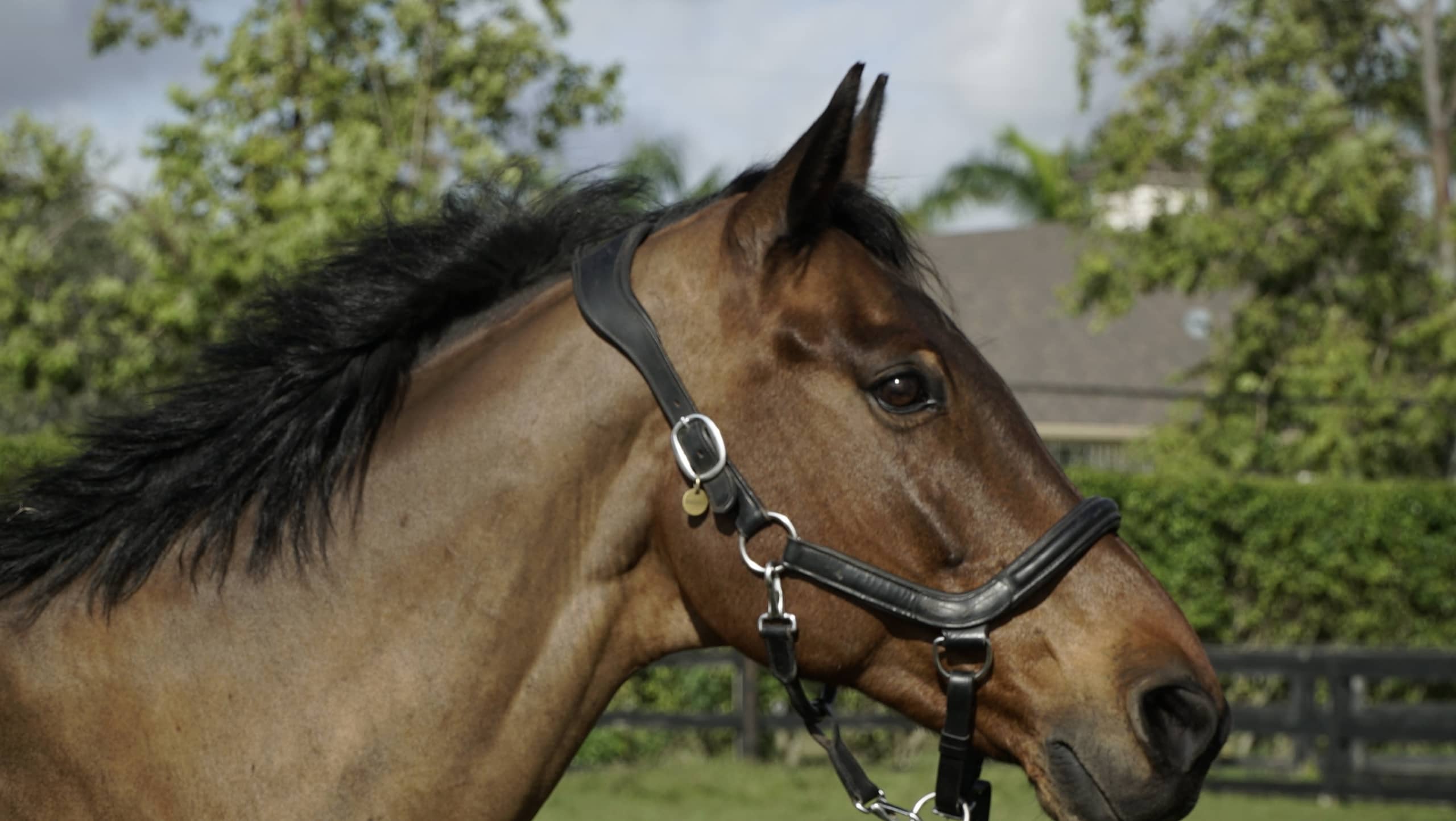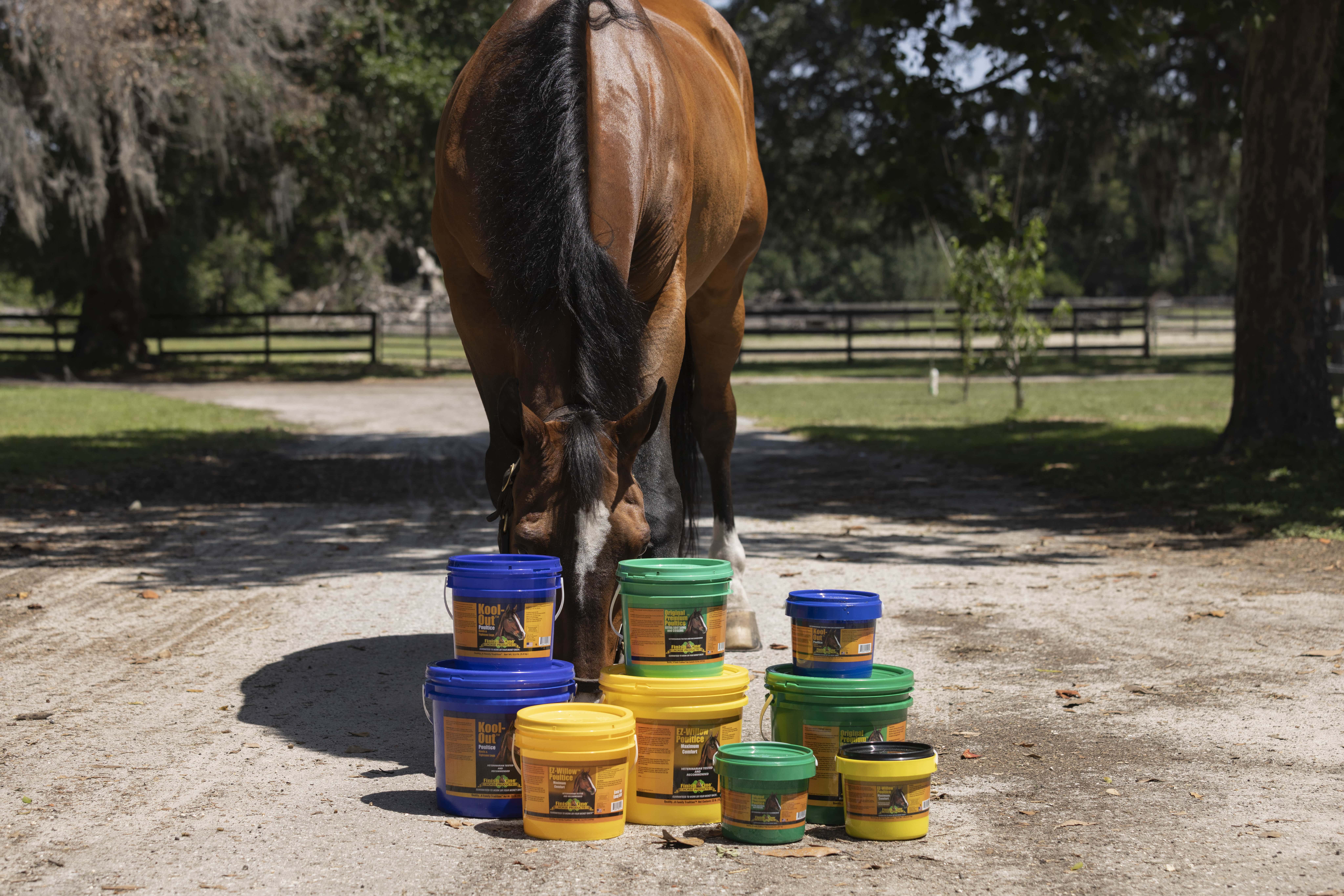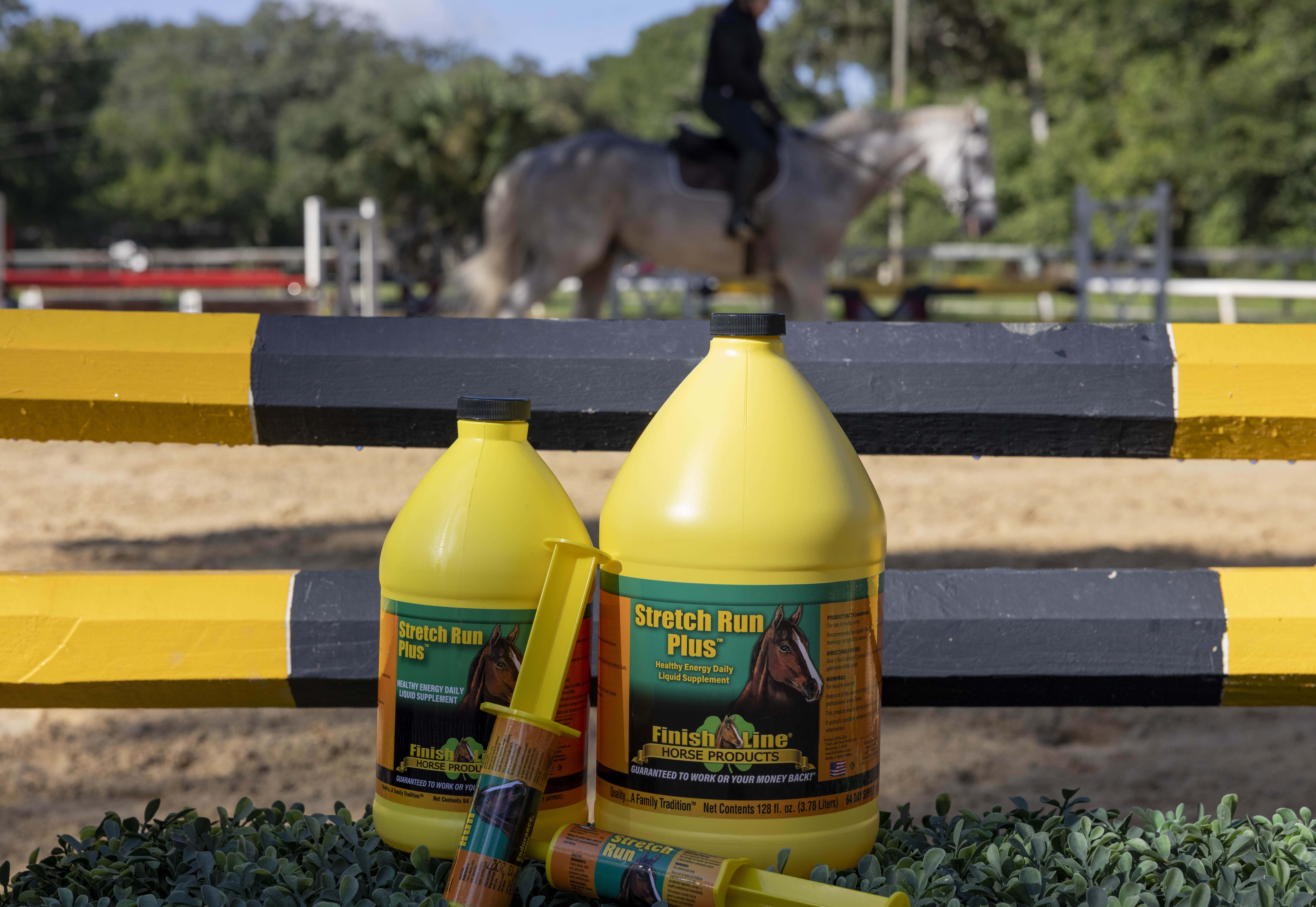Traveling is stressful for anybody but especially so for a horse. The unfamiliar environment, the cramped space and the turbulence of the ride causes the animal’s breathing and heart rate to go up, leading to behavioral issues. If your horse doesn’t calm down in time, the anxiety of travel causes it to underperform in competitions.
Here are a few ways to mitigate the stress of a trailer ride:
Inspect the trailer before departing
A trailer breakdown in the middle of a trip adds to your stress levels, and equines are easily influenced by the emotions of their owners. What’s more, having a horse with you complicates things when arranging repairs. Before loading your horse, have a look at the trailer’s tires, shocks, hitch, ramp, floorboards and brakes. Only take a trip if everything checks out.
Drive carefully
A horse uses all of its muscles to maintain balance when riding in a trailer, and taking a turn too fast can cause the animal to slam into a wall. The same is true of harsh accelerating and braking. Slowly applying the gas or brakes gives a horse time to adjust its stance and maintain its balance.
Keep the trailer clean and comfy
“Cover the trailer floor with low-dust bedding prior to loading.”
Stress weakens your horse’s immune system, Equus Magazine noted, so the trailer should be scrubbed clean to keep your animal from getting sick. Make sure there is no waste inside and cover the floor with low-dust bedding prior to loading. Your horse will urinate and/or defecate at some point during the trip, and the bedding prevents the matter from spreading on the floor. If the trip is long, take breaks periodically and dispose of any accumulated urine or feces.
On that note, make sure the trailer is well ventilated. Not only can the dust from the bedding irritate a horse’s respiratory system, but so can the lack of airflow and accumulation of heat and exhaust fumes. Unless you’re traveling in extremely cold conditions, you don’t have to worry about the ventilation making your equine chilly. Similarly, make sure the trailer is large enough for the horse to lower its head past its shoulder. This allows mucus to drain naturally and prevents respiratory issues.
Maintain food and water
Some horses don’t like to drink during long trips, but you should offer water anyway. Otherwise, your horse can become dehydrated, leading to additional stress. Provide a drink every four hours or so out a bucket the animal is familiar with. Avoid giving your equine grain – the stress of travel can interrupt proper gut functions. This prevents the food from digesting – instead, it sits and ferments, resulting in laminitis or colic. Offer hay instead – the fiber helps keep horses hydrated and healthy.
Monitor your horse’s health
Keep your animal up-to-date on vaccinations to make sure it isn’t traveling with any illnesses. Similarly, take steps to prevent your horse from catching anything during the trip. Dr. Hanna Mueller, a veterinarian at Cedarbrook Veterinary Care in Snohomish, Washington, recommended owners offer equine supplements to boost the immune system. Finish Line’s Vitamin C Pure and blended Vitamin C Powder were designed for such a purpose.
“Supporting your horse’s immune system with vitamin C or Echinacea can also help prevent shipping fever,” Dr. Mueller explained to Double D Trailers, using the common name for an upper respiratory infection acquired on a trip. “Start treatment the day before, during, and for a few days after transport.”
“Keep an eye out for signs of stress or colic.”
Take breaks periodically and keep an eye out for signs of stress or colic, such as an elevated pulse or respiratory rate, an increased capillary refill time, discolored gums, attempts to lay down, lack of appetite and depression. Contact your veterinarian if you suspect something is wrong.
Get your horse used to traveling
Practice loading, riding and unloading with your horse, well before it’s time to hit the road for an event. Going through the motions lets your animal get acclimated to traveling, and the sudden change in environment won’t come as a shock. If your animal simply cannot calm down, however, try offering additional equine supplements. Finish Line’s Thia-Cal and the one-shot Quia-Cal both promote healthy nerves to keep your horse settled.








